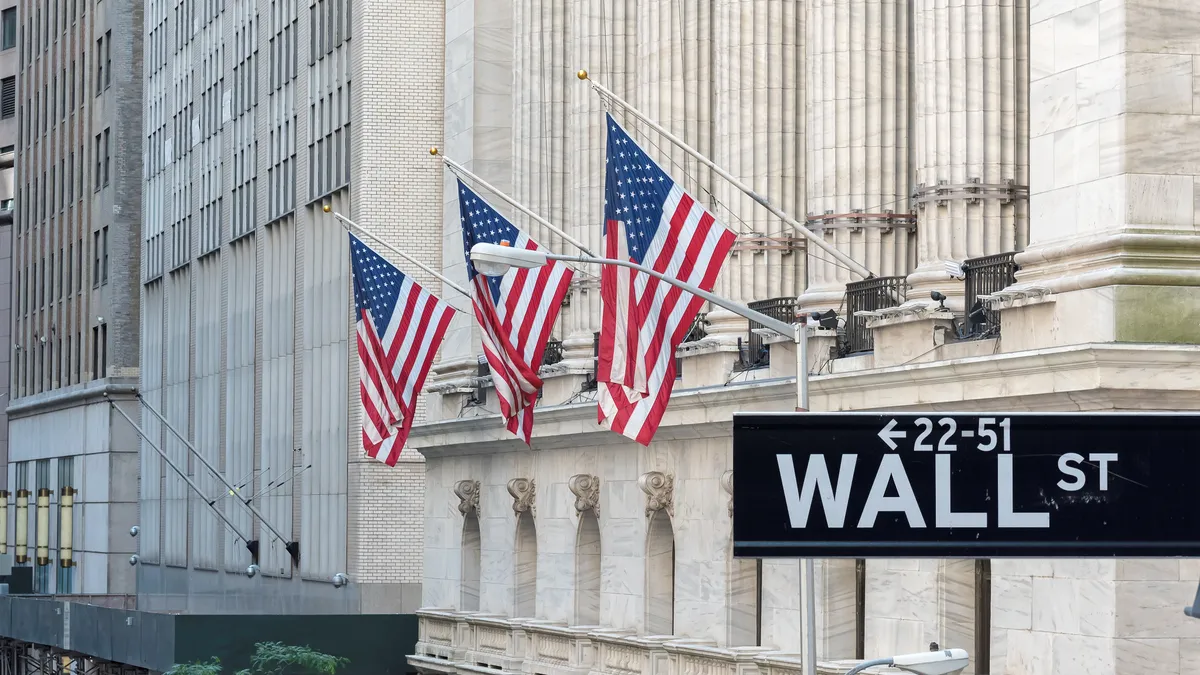A federal judge Thursday denied a request from eight major banks to dismiss class-action claims filed by cities alleging the banks conspired to increase the interest rates on a commonly used municipal bond, Reuters reported.
In a nearly decade-long dispute, Judge Jesse Furman of the U.S. District Court for the Southern District of New York granted the request for class certification instead of pursuing claims individually — a likely reason for reducing potential recoveries, according to the wire service.
Bank of America, Barclays, Citi, Goldman Sachs, JPMorgan Chase, Morgan Stanley, Royal Bank of Canada and Wells Fargo were accused of conspiring to raise rates on over 12,000 variable-rate demand obligations between 2008 and 2016.
Cities led by Baltimore, Philadelphia and San Diego claim the collusion reduced the available funding for hospitals, transportation, schools, power and water supplies, possibly leading to billions of dollars in damage.
The municipalities are seeking damages of $6.5 billion, said Elliott Stein, senior litigation analyst at Bloomberg Intelligence.
“This is an additional milestone that will push this case to settle eventually,” Stein told Bloomberg after the ruling was issued. He said he expects the case to go to trial next year with settlements amounting to roughly $600 million across the eight defendants.
The first class-action lawsuit was filed in February 2019 by Philadelphia, followed by Baltimore a month later and finally by the San Diego Regional Transportation Commission. The lawsuits have been combined.
The variable-rate demand obligations are long-term bonds with short-term rates that usually reset every week. Banks remarket the VRDOs that investors redeem at the lowest possible rates, Reuters noted. But the lawsuit alleges the banks, which acted as the remarketing agents, missed out on getting the best rates for the issuers.
However, the banks opposed the class certification, arguing that the differences among the bonds would necessitate numerous separate investigations into whether rate inflation occurred. This would make a single class-action lawsuit difficult to manage.
But Furman, in his decision, said the two financial market specialists whom the cities appointed to investigate found that the alleged conspiracy would have a broader impact on the class.
"Of course, it remains an open question whether, assuming plaintiffs paid supra-competitive interest, that payment was caused by defendants' allegedly anti-competitive behavior," Furman wrote. "Whatever the answer to this question may be, however, it is a common question."
A lawyer for the cities, Dan Brockett, said they were pleased with the decision, according to Reuters.
Barclays, Citi and JPMorgan declined to comment to the wire service. The other banks and lawyers did not immediately respond to a request for comment.
The VRDOs market, which used to be more than $400 billion, declined to $72 billion by the end of last year, according to the Municipal Securities Rulemaking Board.












